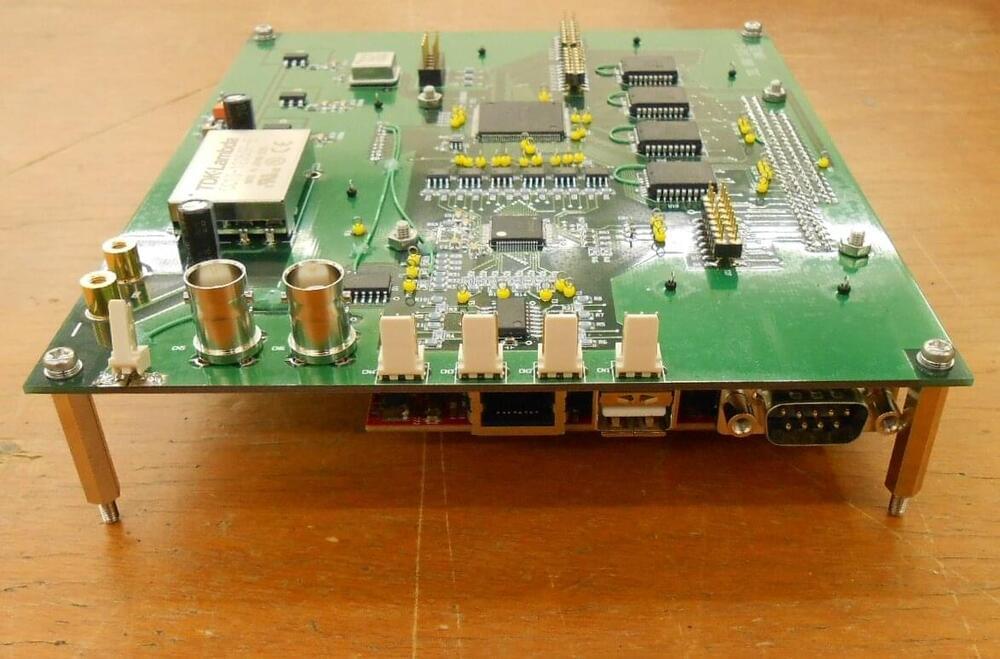Various technologies, networks and institutions benefit from or require accurate time keeping to synchronize their activities. Current ways of synchronizing time have some drawbacks that a new proposed method seeks to address. The cosmic time synchronizer works by synchronizing devices around cosmic ray events detected by those devices. This could bring accurate timing abilities to remote sensing stations, or even underwater, places that other methods cannot serve. Early tests show promise, but the real challenge may lie in the adoption of this new technique.
Humanity is intimately connected with the idea of time. Historically, we used the cosmos itself—stars, the sun, and the moon—to measure time and coordinate our activities. It’s fitting, then, that researchers are looking out to the cosmos again to further develop our ability to keep time. Professor Hiroyuki Tanaka from Muographix at the University of Tokyo devised and tested a way to synchronize multiple devices, so they agree upon the time, that makes use of cosmic rays from deep space. Appropriately, it’s called cosmic time synchronization (CTS).
“It’s relatively easy to keep time accurately these days. For example, atomic clocks have been doing this for decades now,” said Tanaka. “However, these are large and expensive devices that are very easy to disrupt. This is one reason I have been working on an improved way to keep time. The other is that, related to time measurement, position measurement could also be made better. So really, CTS is a precursor to a potential replacement for GPS, but that’s still a little further down the line.”
